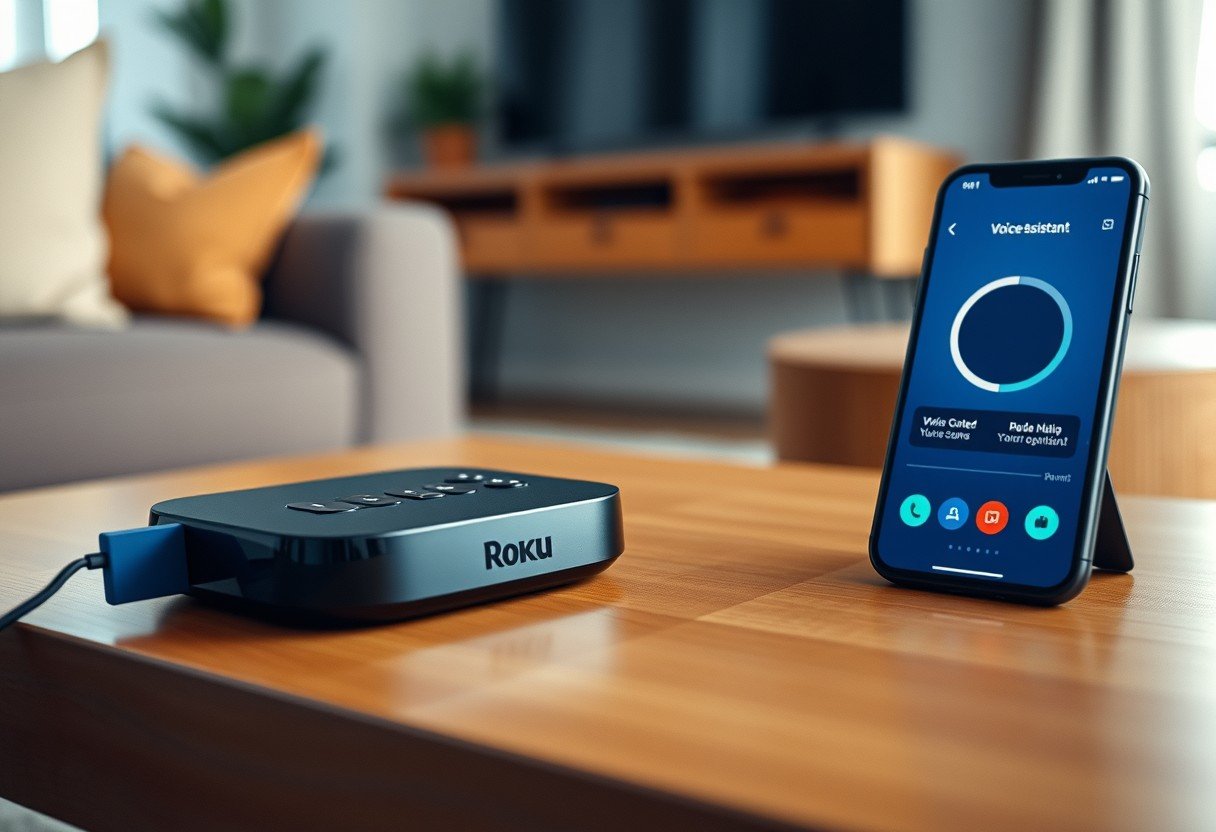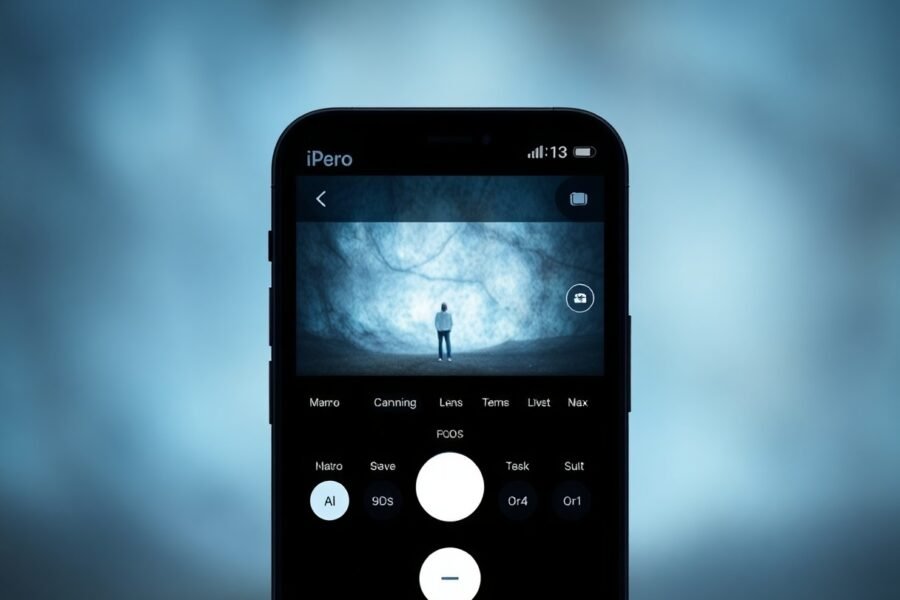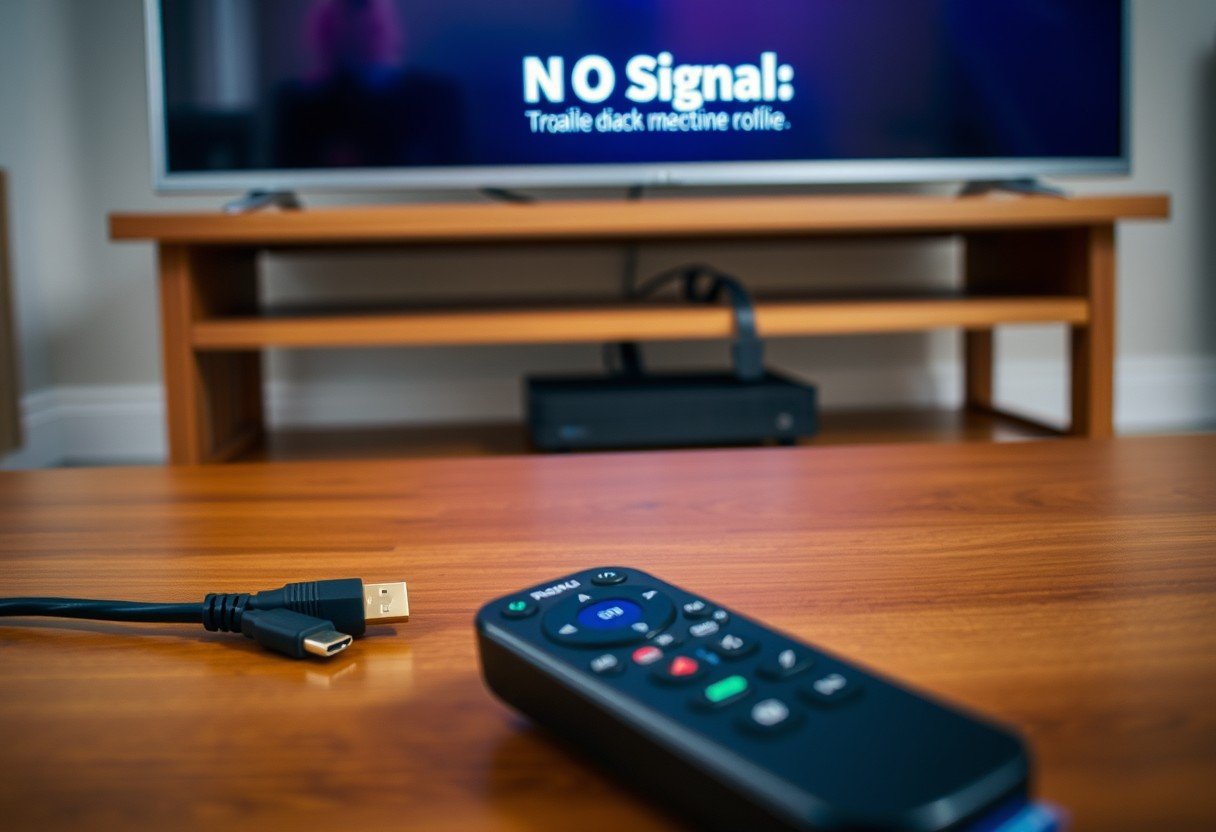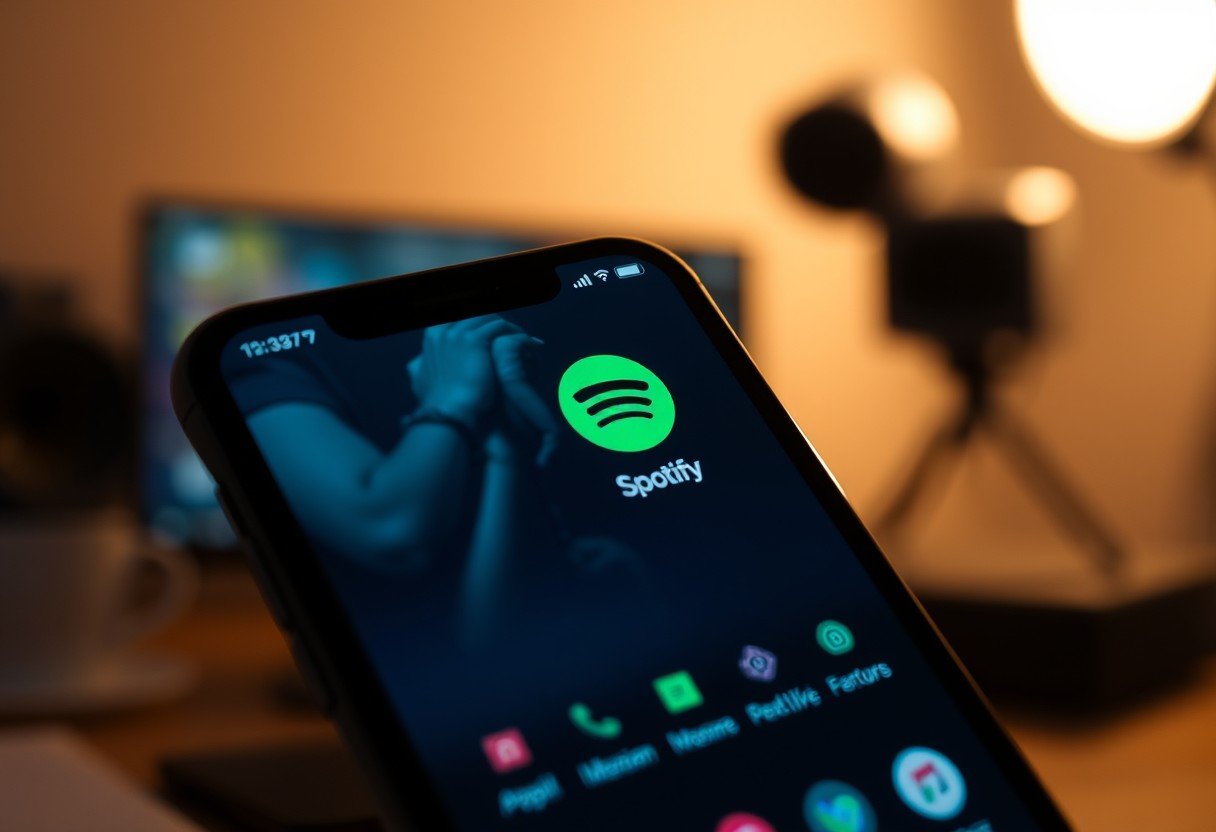It’s natural to wonder about the privacy implications of your smart devices, especially when it comes to Roku. Many users have raised concerns about whether Roku is actively listening to your conversations through its voice-enabled features. In this post, we’ll explore how Roku’s voice command functions work, what data they collect, and how you can ensure your privacy while enjoying your streaming experience. By understanding these elements, you’ll be more equipped to navigate your device’s settings and protect your personal information.
Key Takeaways:
- Privacy Concerns: The question of whether Roku listens to conversations raises significant privacy concerns among users and advocates.
- Voice Command Features: Roku devices use voice command features that may involve microphones, leading to speculation about constant listening.
- User Control: Roku provides options for users to disable voice features, which helps address privacy fears.
- No Evidence of Eavesdropping: There is currently no concrete evidence to support claims that Roku actively eavesdrops on user conversations.
- Data Usage Transparency: Roku aims to maintain transparency regarding data usage, informing users about how their voice data may be utilized.

Understanding Roku’s Technology
Before delving into the concerns about privacy, it’s important to understand how Roku’s technology operates. Roku devices are designed for seamless streaming, connecting you to various entertainment platforms. They utilize advanced software that allows for user interactivity and personalized recommendations, raising questions about how data is collected and utilized. With voice command capabilities, these devices can enhance your viewing experience while also triggering discussions about their data handling practices.
How Roku Devices Work
Devices like Roku function by connecting to your television and your home Wi-Fi network, allowing you to stream content from various channels and services. They require setup, where you link your device to an account, enabling personalized content recommendations. Data tracking during your interactions helps the device optimize your experience, but understanding this process can alleviate concerns about privacy.
Voice Control Features
Technology integrated into Roku devices includes built-in voice control features, allowing you to search for content and control playback with simple voice commands. This function simplifies navigation and enhances your overall user experience, making it easy to engage with your favorite shows or movies.
The voice control features utilize advanced speech recognition technology to understand your commands accurately. When you speak, your commands are processed locally and may be sent to Roku’s servers for further interpretation. While this enhances convenience, it raises valid concerns regarding whether conversations are being listened to or recorded unintentionally. Understanding this aspect of voice technology is important for ensuring your comfort and privacy while using Roku devices.
Privacy Concerns
Even with the convenience of smart devices like Roku, privacy concerns linger among users. Many individuals worry about whether their conversations are being intercepted or monitored, leading to suspicions about the true extent of data collection. Understanding these concerns is crucial as you navigate the digital landscape and make informed choices about the devices you use.
User Data Collection
Collection of user data is a common practice among streaming services, including Roku. The company gathers information such as viewing habits, preferences, and usage patterns to enhance user experience. While this data helps improve content recommendations and service performance, it’s important for you to be aware of the implications regarding your privacy and data security.
Misinterpretations of Listening
On the topic of listening, many users mistakenly believe that their devices actively record conversations. In reality, devices like Roku do not have the functionality to record audio unless activated by specific commands. Understanding what your device is capable of will help clear up any misunderstandings surrounding privacy.
Plus, there is often confusion arising from voice recognition features that may sound like your device is eavesdropping. When you use the voice search option, for example, your commands are temporarily processed to fetch results, which can lead to the misinterpretation that the device is listening continuously. By familiarizing yourself with the technology’s actual functions, you can alleviate unnecessary fears and use your Roku with greater confidence in your privacy.
Official Statements from Roku
Once again, Roku has addressed concerns surrounding privacy and data usage directly. The company emphasizes that while features like voice search and personal recommendations enhance your viewing experience, they are not designed to listen to conversations or monitor your personal interactions. Roku reassures users that their privacy remains a priority and that they have implemented measures to protect it.
Company Policies on Data Use
With regards to how your data is utilized, Roku maintains clear policies that outline the handling of user information. The company is committed to transparent practices, giving users control over their privacy settings and how their data may be shared for improving services.
Clarifications on Listening Features
Policies regarding listening features are duly highlighted in Roku’s official communications. The device’s voice commands rely solely on specific activated features, and any data collected is anonymized to ensure user privacy.
Statements made by Roku clarify that any listening capabilities are limited to specific voice-activated commands, and once you finish your interaction, voice data is not retained or analyzed. The intent of these features is to enhance functionality, rather than intrude on your daily life. Your device listens only when you prompt it, and it is in your control to manage these settings effectively.
Comparison to Other Smart Devices
Unlike many other smart devices, Roku’s functionalities are primarily designed for media consumption rather than comprehensive smart home control. The table below outlines key differences between Roku and other popular smart devices:
| Device Type | Primary Function |
|---|---|
| Roku | Streaming Media Player |
| Amazon Echo | Voice Assistant |
| Google Home | Smart Home Control |
| Apple HomePod | Smart Assistant |
Similarities with Voice Assistants
Comparison of Roku with voice assistants reveals similarities in voice command features, allowing you to search for content hands-free. Both devices utilize voice recognition technology to enhance user experience, making your search for shows and movies effortless.
Differences in Data Handling
Assistants like Amazon Echo and Google Home actively process your requests and gather data to improve functionality, which differs from Roku’s more limited collection of user data.
This distinction in data handling is significant. While Roku may collect information on your viewing habits to suggest relevant content, it doesn’t utilize the same level of personal data aggregation as smart assistants, which personalize responses and services based on an array of user interactions. Thus, while Roku tailors your streaming experience, it remains less intrusive regarding personal data, allowing you to enjoy content without extensive tracking of your personal conversations or preferences.
User Control and Settings
To ensure your privacy, it’s necessary to familiarize yourself with the user control and settings available on your Roku device. By taking the time to review these settings, you can manage how the device collects and uses your data, granting you greater control over your information and ensuring your viewing experience aligns with your privacy preferences.
Managing Privacy Settings
An important aspect of maintaining your privacy on Roku is managing your privacy settings. You can choose to enable or disable features like voice search and personalized ads. By regularly checking and adjusting these settings, you can tailor your Roku experience to safeguard your conversations and personal information.
Opting Out of Data Collection
User privacy is paramount, and you have the option to opt out of data collection on your Roku device. This means you can limit how much information the device gathers about your viewing habits and preferences.
Plus, opting out of data collection typically involves changing your settings in the Roku menu. You can choose to disable features that track your usage or send data to Roku. This proactive approach not only enhances your privacy but also helps you feel more secure while using your device, giving you the peace of mind that comes from knowing your conversations aren’t being monitored or recorded.
Expert Opinions on Privacy
All experts agree that privacy concerns have escalated with the rise of smart technology, including devices like Roku. Many emphasize the importance of understanding what data these devices collect and how it is utilized. As a user, it is necessary to stay informed about privacy settings and be proactive in managing them to safeguard your personal information.
Insights from Cybersecurity Experts
The consensus among cybersecurity experts is that while devices like Roku may not actively listen to conversations, they can still collect significant amounts of data. This data could potentially be analyzed for advertising and marketing purposes. To protect your privacy, you must regularly audit your privacy settings and understand the implications of the data shared.
The Role of User Awareness
Cybersecurity is not solely the responsibility of the devices you use; your awareness plays a critical role in ensuring your privacy. Understanding how your streaming device operates and the permissions it requires can significantly minimize risks to your personal information.
A well-informed user is a more secure user. By regularly reviewing your device settings, being aware of what permissions you grant, and learning about potential data collection practices, you can take proactive steps to protect your privacy. Engaging with online communities and resources can further enhance your knowledge, empowering you to make smarter decisions regarding your devices and their data usage.
Final Words
As a reminder, while there are concerns about Roku devices potentially listening to your conversations, the company states that they do not actively record audio unless you engage with voice commands. It’s imperative for you to understand the privacy settings of your device and adjust them according to your comfort level. Be proactive in managing your data and ensure your settings align with your preferences for privacy. Ultimately, staying informed is your best defense against unwanted surveillance.
FAQ
Q: Is Roku listening to my conversations?
A: Roku devices are not designed to actively listen to your conversations. However, certain features, such as voice search and voice commands, may utilize microphones that activate when you use specific voice-enabled remote controls or connected devices. These features only capture audio when you explicitly initiate them, so your private conversations remain unheard.
Q: How does voice search work on Roku devices?
A: Voice search on Roku devices works when you press the dedicated voice control button on your remote. Once activated, the device begins listening for your command. After you finish speaking, the audio is processed to perform searches or control functions. No audio is stored unless you use a feature that explicitly saves voice interactions.
Q: Are my voice commands stored or shared by Roku?
A: Roku does not store your voice commands permanently. Any voice data captured during use is typically temporary and used solely for the purpose of facilitating immediate functionality, such as searching for content. However, it’s always a good measure to review the privacy policy of any device to understand how your data may be handled.
Q: Can I disable voice control on my Roku device?
A: Yes, you can disable voice control features on your Roku device. You can do this by going into the settings menu, selecting ‘Accessibility,’ and then adjusting the voice control settings. Disabling the microphone or voice commands will prevent the device from listening for any audio input related to voice features.
Q: What should I do if I’m concerned about privacy with my Roku device?
A: If you have privacy concerns regarding your Roku device, consider taking the following steps: disable any voice features in the settings, be cautious about granting permissions to apps, ensure your device firmware is up to date, and review privacy settings for the specific applications you use. Additionally, you may unplug the device from power to ensure it’s not operational when you do not wish to use it.








Leave a Comment